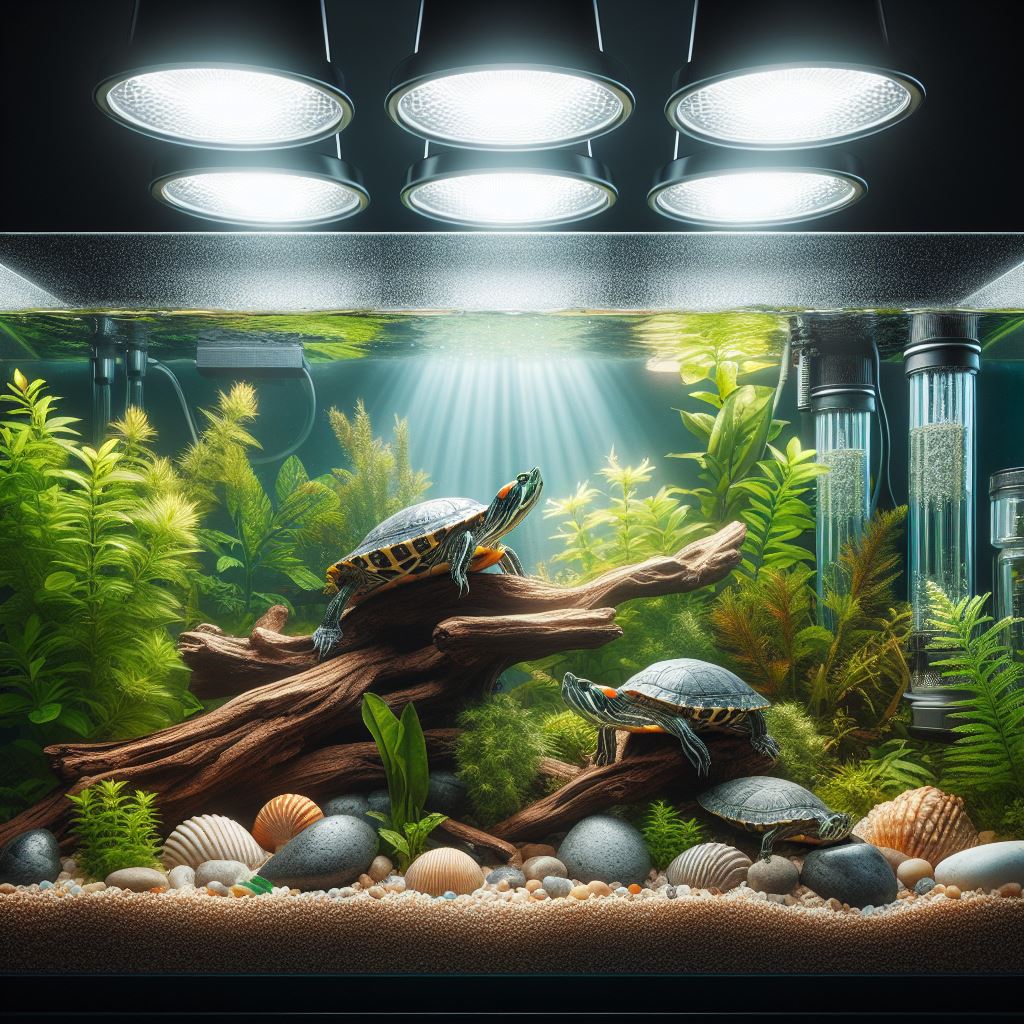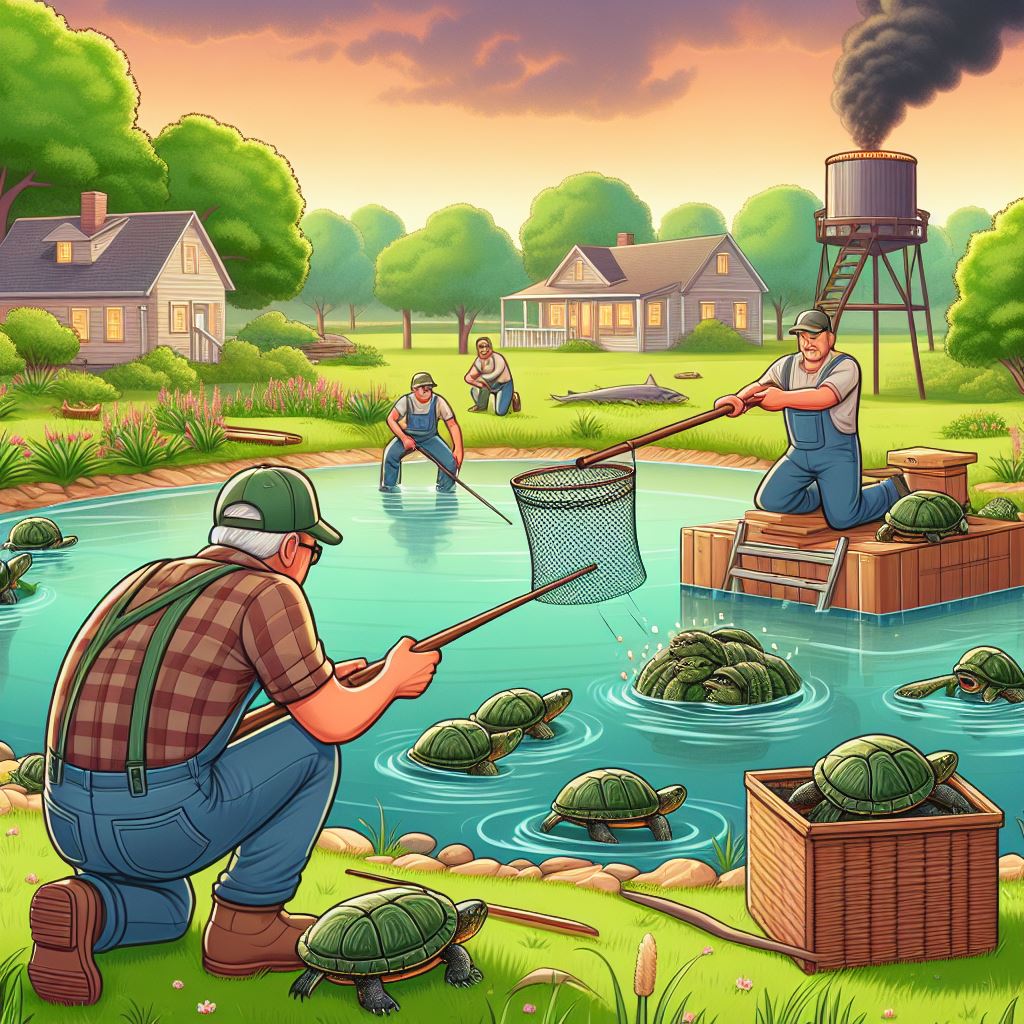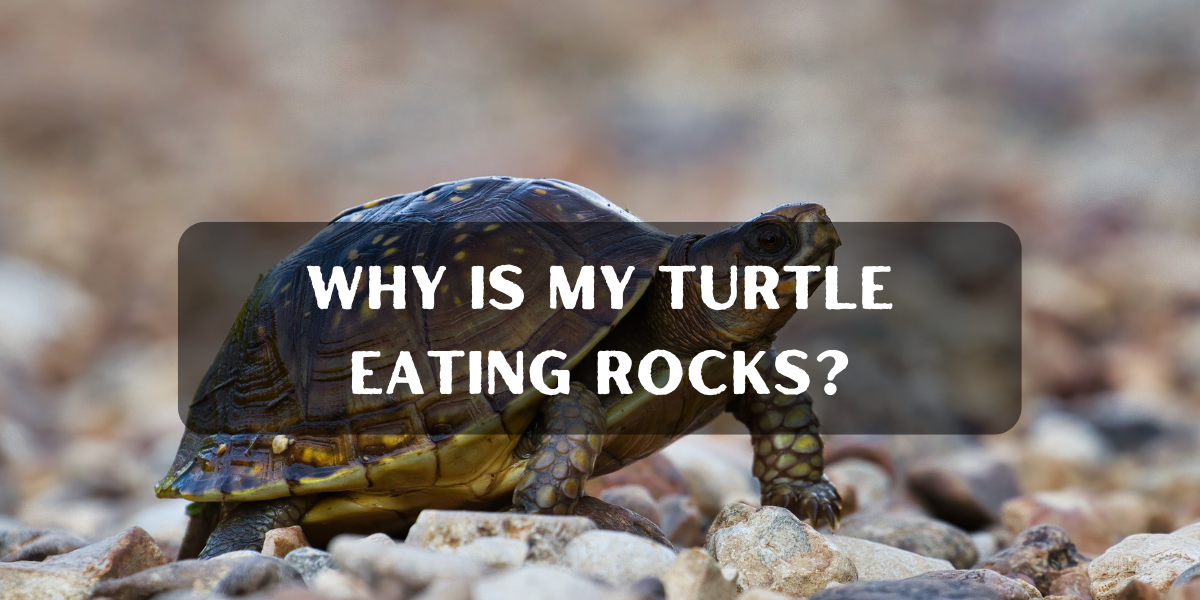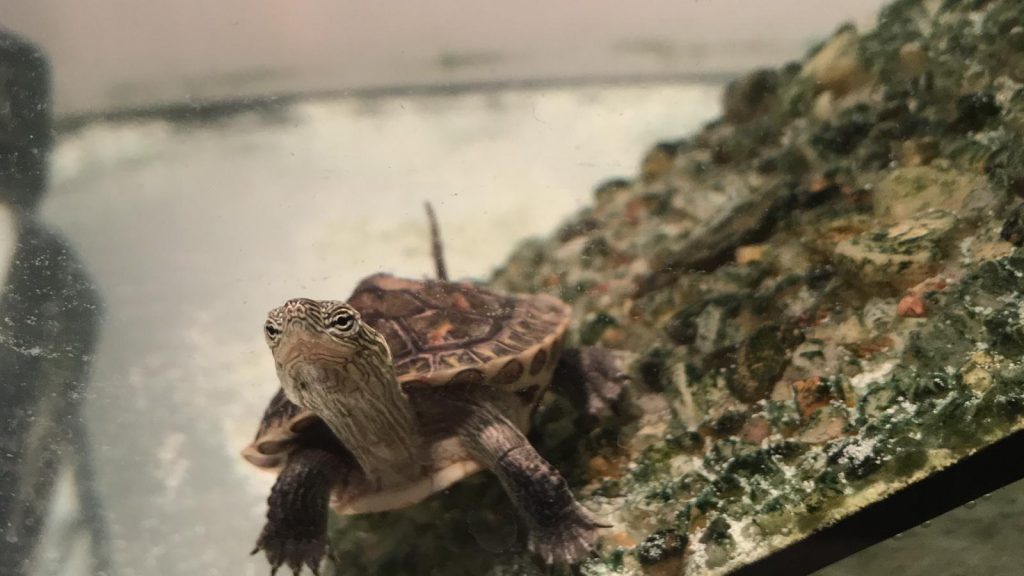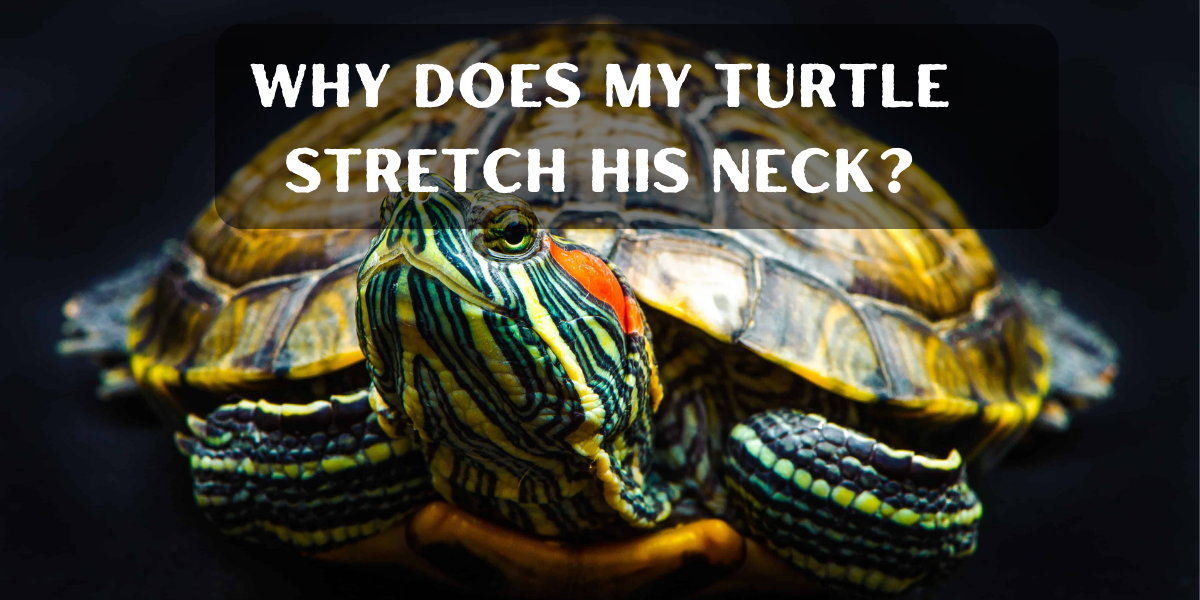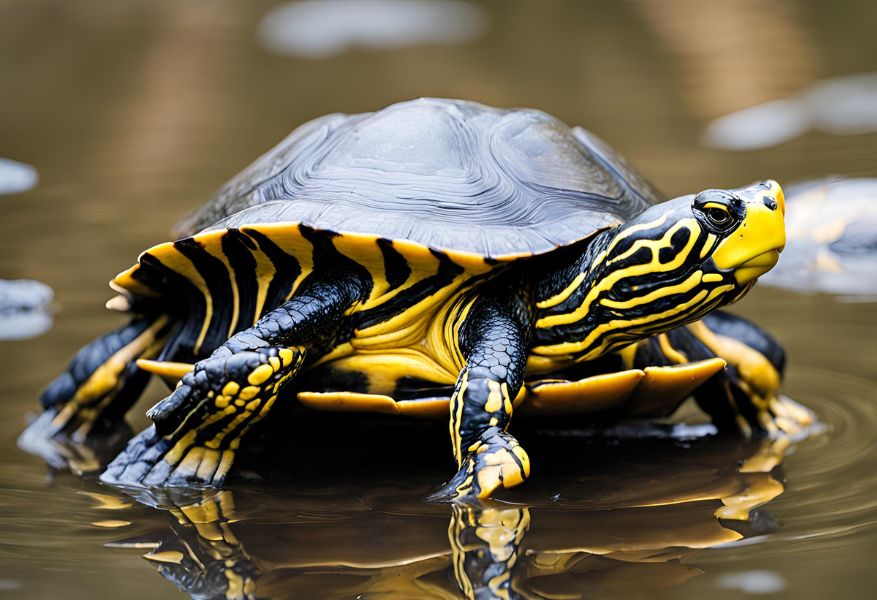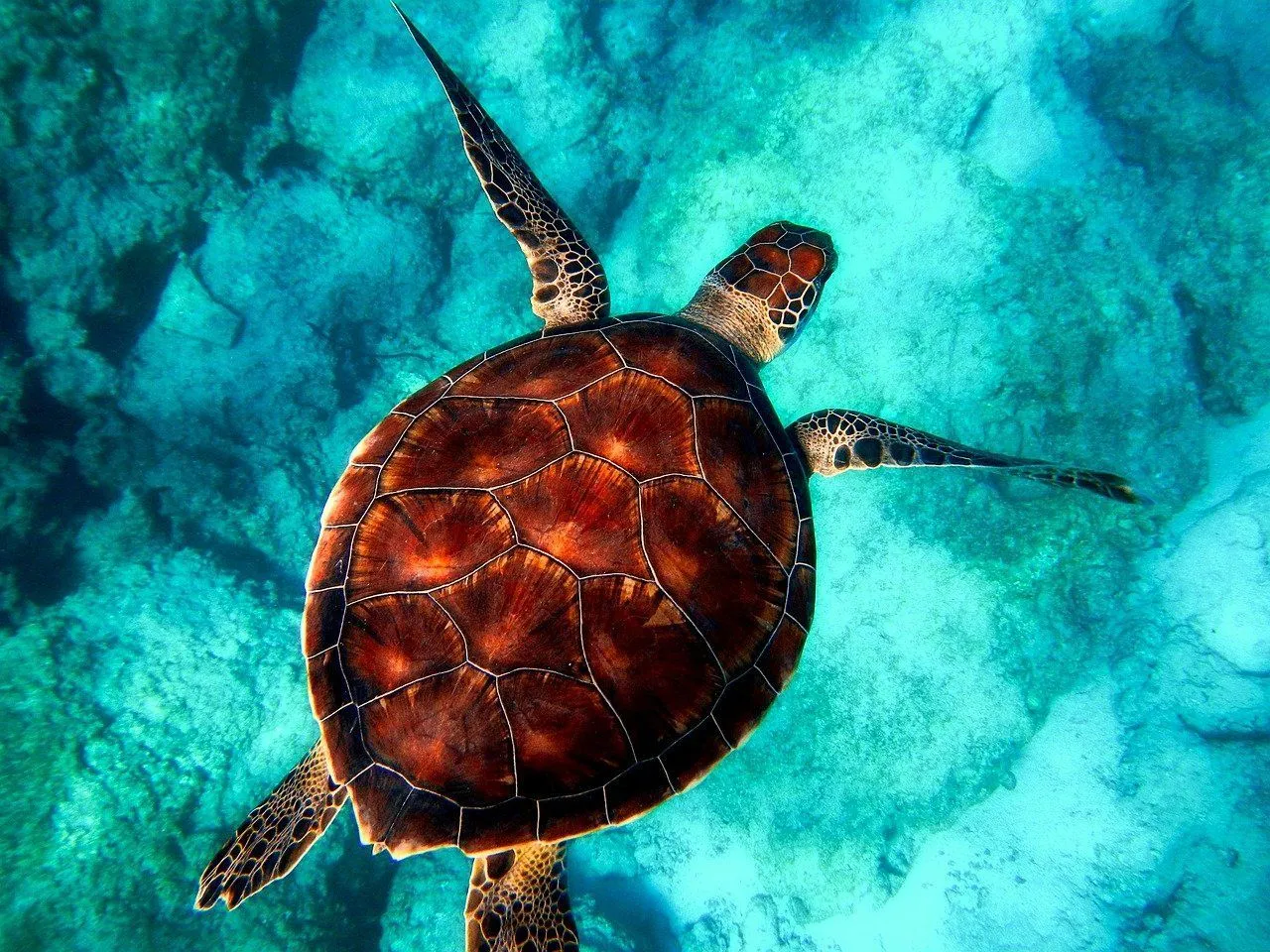What Do Red Eared Sliders Need In Their Tank
Ensuring optimal living conditions for red-eared sliders in captivity is essential for their health and well-being. These beautiful turtles require a properly equipped tank to thrive and lead a happy life. It is crucial to provide them with the right environment that mimics their natural habitat to prevent any potential health issues. Heating and lighting…

